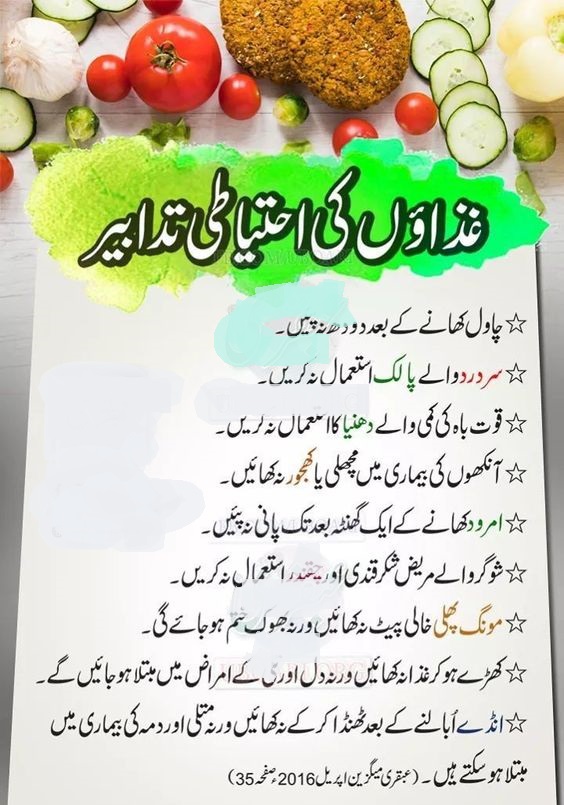Food allergies or sensitivities, religious practices, and ideological beliefs are some of the main reasons people rely on specific diets or follow dietary restrictions.
While some restrictions are meant to prevent life threatening events, others speak to your guest’s personal and moral beliefs. Either way, they’re equally important.
Therefore, if you’re planning an event — or catering for one — it would be best to become familiarized with some of the most common dietary restrictions.
Here are 10 dietary restrictions you should know about.
1. Lactose intolerance
Lactose intolerance is a digestive disorder caused by a deficiency of the enzyme lactase, which helps digests lactose — the main type of carb in milk.
However, about two-thirds of the world’s population stops producing the enzyme after weaning. Thus, they become lactose intolerant.
Having lactose intolerance means that symptoms like bloating, abdominal pain, flatulence, and diarrhea, may occur after consuming lactose-containing foods, including milk and milk products.
However, studies suggest that some people with lactose intolerance may consume up to 12 grams of lactose per day without showing symptoms — roughly the amount of lactose in an 8 ounce (240 mL) cup of milk.
Current treatments for lactose intolerance include reducing or eliminating its intake or taking lactase pills. Nevertheless, not all milk products are the same, and people may tolerate some products better than others.
Here are some milk product recommendations to consider when planning your event’s menu:

- Lactose-free milk. This milk alternative is simply milk treated with lactase, which digests lactose for you. It’s nutritionally identical to regular milk, only slightly sweeter.
- Fermented dairy products. People with lactose intolerance may be able to tolerate yogurt, kefir, sour cream, Leben, labneh, mursik, and viili due to the partial digestion of lactose via bacterial fermentation.
- Hard-mature cheeses. Cheeses such as Parmesan and Granna Padano are naturally lactose-free and may be tolerated by most people.
- Butter. While butter comprises the fatty fraction of milk, it may contain residual lactose. However, clarified butter or ghee is generally safe for people with lactose intolerance.